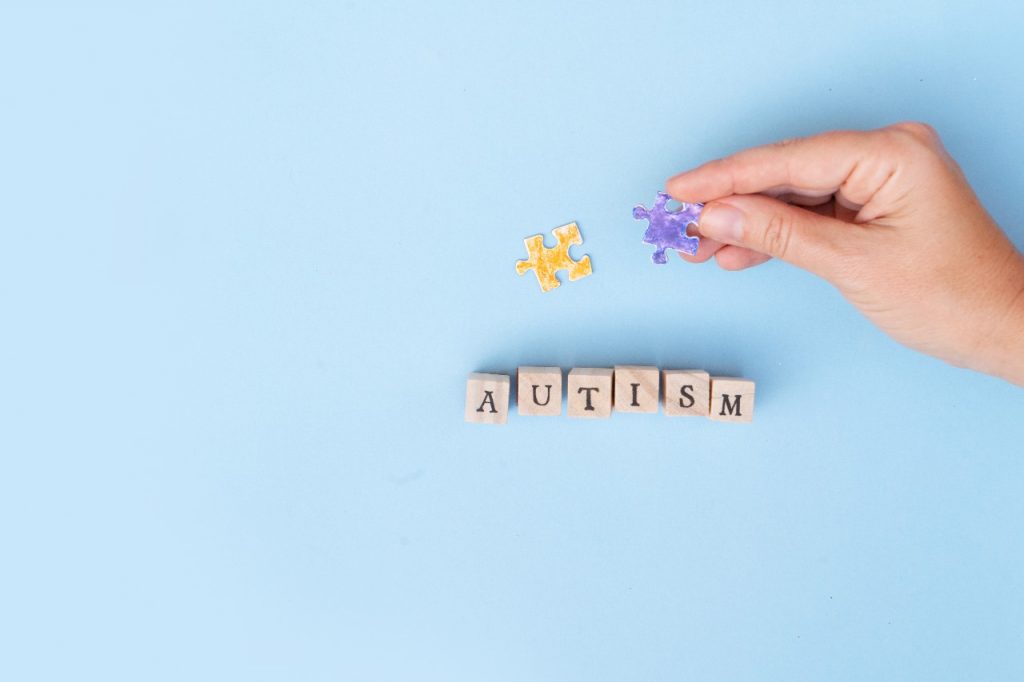In a recent basketball match between two local teams, Ermis Schimatari, from Athens and Megarida from Megara, a moment of true sportsmanship unfolded. The coach of Ermis Schimatari sent a player on the autism spectrum onto the court. His participation moved the crowd, highlighting the power of inclusion in sports.
Following the game, the team released a statement referring to their loss as “expected, in a game where basketball itself was the true winner.”
They expressed their emotions with the words: “When you see an entire stadium applauding Panagiotis Tzavellas, our pride, does the final score really matter? For us, basketball won today because one of our own found joy in the game. And for 40 minutes, friends and rivals alike shared in this unique experience.”
This story serves as a fitting introduction to April 2nd, World Autism Awareness Day, a day that aims to educate the public about autism spectrum disorder (ASD) and the necessary steps toward social inclusion, breaking the barriers of discrimination.
Autism spectrum disorder is a neurodevelopmental condition that manifests in varying degrees of difficulty across different individuals. It does not affect everyone in the same way or with the same intensity.
Often, individuals on the autism spectrum have distinctive abilities. However, these skills are not universal; they depend on the individual’s specific condition. Many times, these abilities are closely linked to their personal interests.
According to psychologist Maria Iliopoulou, president of the Greek Association for Asperger Syndrome and a mother of a child with Asperger’s, “People on the spectrum have highly specialized interests. If these interests are supported properly, they can become valuable assets in the future.”
She notes that individuals with autism tend to be distinguished by their accuracy, persistence, attention to detail, and reliability. Their ability to focus intensely on a particular subject often leads to high performance and expertise in specific fields, particularly in areas such as engineering and information technology.
Furthermore, Iliopoulou emphasizes their ability to find innovative solutions to practical and technical problems. “Because their brains function differently, they see problems from a unique perspective, often arriving at solutions that neurotypical individuals might overlook. They notice details in images that others might miss, allowing them to identify errors with great precision. Their focus, consistency, and strong sense of justice make them exceptionally honest and reliable.”
The JobsLink Platform
Iliopoulou also highlights the JobsLink platform, which provides employment opportunities for individuals on the autism spectrum. By the end of 2024, 500 people had registered, with 320 maintaining active profiles. Psychologists and mentors assist job seekers with resume writing, interview preparation, and ongoing support after securing employment.
So far, 90 individuals have found jobs through the platform, with 50 businesses participating, and more opportunities being added daily.
This year, a career fair was also held by the Municipality of Athens, marking a successful initiative toward professional inclusion.
Change is gradually taking shape as society becomes more aware of the unique characteristics of individuals with autism. “As people learn that avoiding eye contact doesn’t mean indifference or that delayed responses don’t imply a lack of understanding, perceptions start to shift,” Iliopoulou concludes.




